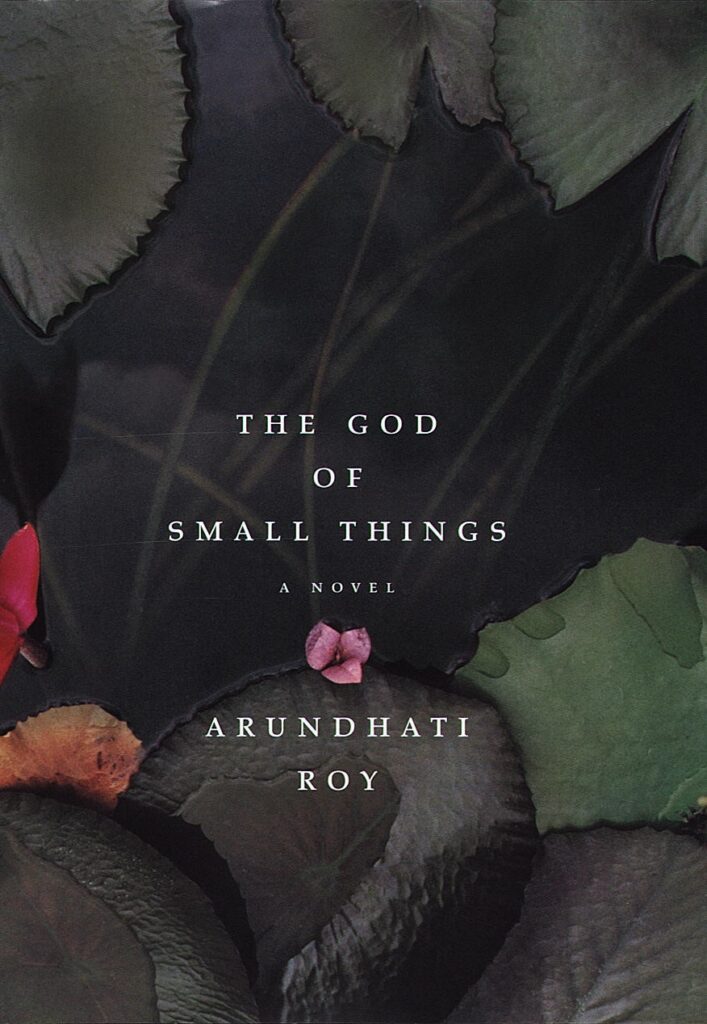Wednesday
I’m grappling with the fact that we may be in the final days of my mother’s life. Hospice tells us that she is likely to die in two to four weeks, and though that seems pessimistic to me, given positive vital signs, it’s true that she is eating and drinking very little. I, who have always looked to the future, am having to learn how to embrace the preciousness of the now. It’s a difficult adjustment.
It helps me somewhat that a comparable situation is described in Arundhati Roy’s The God of Small Things, a book I used to teach in a 20th Century English-Language Literature survey. There we see a couple engaged in an impossible and forbidden love affair, given that he is an Untouchable and she a member of the merchant class.
Ammu and Veltha know that their affair cannot last. They are violating a taboo that is thousands of years old and inexorable. As Roy explains, the love story she tells
really began in the days when the Love Laws were made. The laws that lay down who should be loved, and how.
And how much.
Later, as we see the love relationship bloom, we are told,
Biology designed the dance. Terror timed it. Dictated the rhythm with which their bodies answered each other. As though they knew already that for each tremor of pleasure they would pay with an equal measure of pain. As though they knew that how far they went would be measured against how far they would be taken.
The way they handle things is the way I am determined to spend my remaining time with my mother. They focus on “the Small Things”:
Even later, on the thirteen nights that followed this one, instinctively they stuck to the Small Things. The Big Things ever lurked inside. They knew that there was nowhere for them to go. They had nothing. No future. So they stuck to the small things.
They laughed at ant-bites on each other’s bottoms. At clumsy caterpillars sliding off the ends of leaves, at overturned beetles that couldn’t right themselves. At the pair of small fish that always sought Velutha out in the river and bit him. At a particularly devout praying mantis.
One small thing that particularly draws their attention is a spider that covers its body with bits of rubbish. This they come to call Chappu Thamburan or Lord Rubbish. “Without admitting it to each other or themselves,” Roy writes,
they linked their fates, their futures (their Love, their Madess, their Hope, the Infinnate Joy), to his. They checked on him every night (with growing panic as time went by) to see if he had survived the day. They fretted over his frailty. His smallness. The adequacy of his camouflage. His seemingly self-destructive pride. They grew to love his eclectic taste. His shambling dignity.
Roy explains that they chose him because
they knew that they had to put their faith in fragility. Stick to Smallness. Each time they parted, they extracted only one small promise from each other.
Tomorrow?
Tomorrow.
They knew that things could change in a day. They were right about that.
Their ending, when it happens, is tragic and foreseen.
Death is even more inexorable than the Love Laws broken by Ammu and Verutha. One day in the near future, my mother will not have a tomorrow.
In the meantime, we can worship the God of Small Things.


